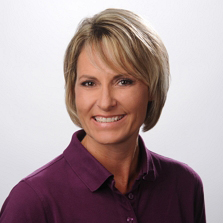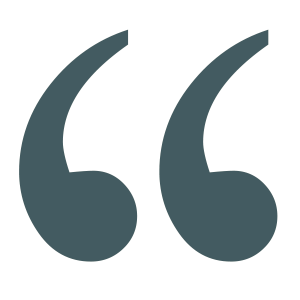Praise For: Scoliosis Ancillary Adjusting Protocols and Home Care
Hear directly from our students about the benefits of our program.-

Kelly Schubert, DC
My three takeaway:
1. Identify 2 most common types of scoliosis (rotary and inferior tippage).
2. Properly assess and adjust T11/12 because it is a key area for scoliosis patients.
3. Additional blocking and homecare to help rebalance musculature and aid in reversing scoliosis and symptoms.I have a better understanding of how to address patients with scoliosis in practice and can offer home exercises that will help as well
I’m currently working on a 20-year-old with severe scoliosis. I’m hoping the additional blocking will help her even more with the muscle disbalance in her upper back
Yes, I would recommend this course. Very useful information and tips that I haven’t heard before
-

Lilian Aliberti, DC
“It’s always amazing to learn from this couple. I love teaching, always being willing to answer any questions and for adding so much to my practice.
Learning from this couple makes me increasingly want to transform lives and shows me the best way to do this with my patients.
I have a patient with a very severe degree of scoliosis; she wore a brace 23 hours a day, felt a lot of pain and was bullied at school. After I started applying what I learned in this course, she improved a lot! She no longer feels pain, breathes better, sleeps better and now only wears the brace for 4 hours outside of school. Her friends now play with her more and she is very happy.
I always recommend all of Martin and Nancy’s courses! They transform my practice and my life and for this reason, I always take all online and in-person courses. In my opinion, they are the best in the world!
Thank you for everything! You are my mentors and following your teachings helps me to be better for my patients and become a better person. You are my inspiration. God bless your lives immensely!”
-

Courtney Neill, DC
“This course helped me to have more of an understanding of the different kinds of scoliosis, familiarizing myself more with the various usages of the blocks, and lastly, I loved the home exercises. Patients are always looking for something they can do at home.
Historically, I’ve not been confident with scoliosis correction, but now I would like to see more patients with scoliosis. The other day, I was able to confidently block someone with a mild scoliosis.
I would recommend this program. It was easy to follow and not daunting to implement.”
-
Katherine Hoffman, DC
“This class was a great resource for additional treatment options for my scoliosis patients. I enjoyed learning techniques these patients could continue at home to block themselves to work on the balance through their spine. Addressing the T11-T12 are specific to the type of scoliosis was also helpful.
I have more confidence now in options for our scoliosis patients. I have just started implementing what I have been learning with one of my patients. So far she has been responding well to what I have learned in previous SOT classes and as I continue through the blocking I hope to bring even greater relief to her chronic pain and tension
I would recommend this course. This is information I have not received elsewhere.”
-

Yu Hang Yiu
“My three takeaways:
1. Different types of scoliosis.
2. Adjustments to different types of scoliosis.
3. Blocking and home exercise.This program is going to equip me with more skills to manage patients with scoliosis, you know, chiro school does not provide enough management strategies for scoliosis.”
The SOT® Pediatric Certificate Program
Demonstrate your commitment to your profession and patients, enhance your skills, and place yourself on the road to mastery in the art of chiropractic adjustment.

